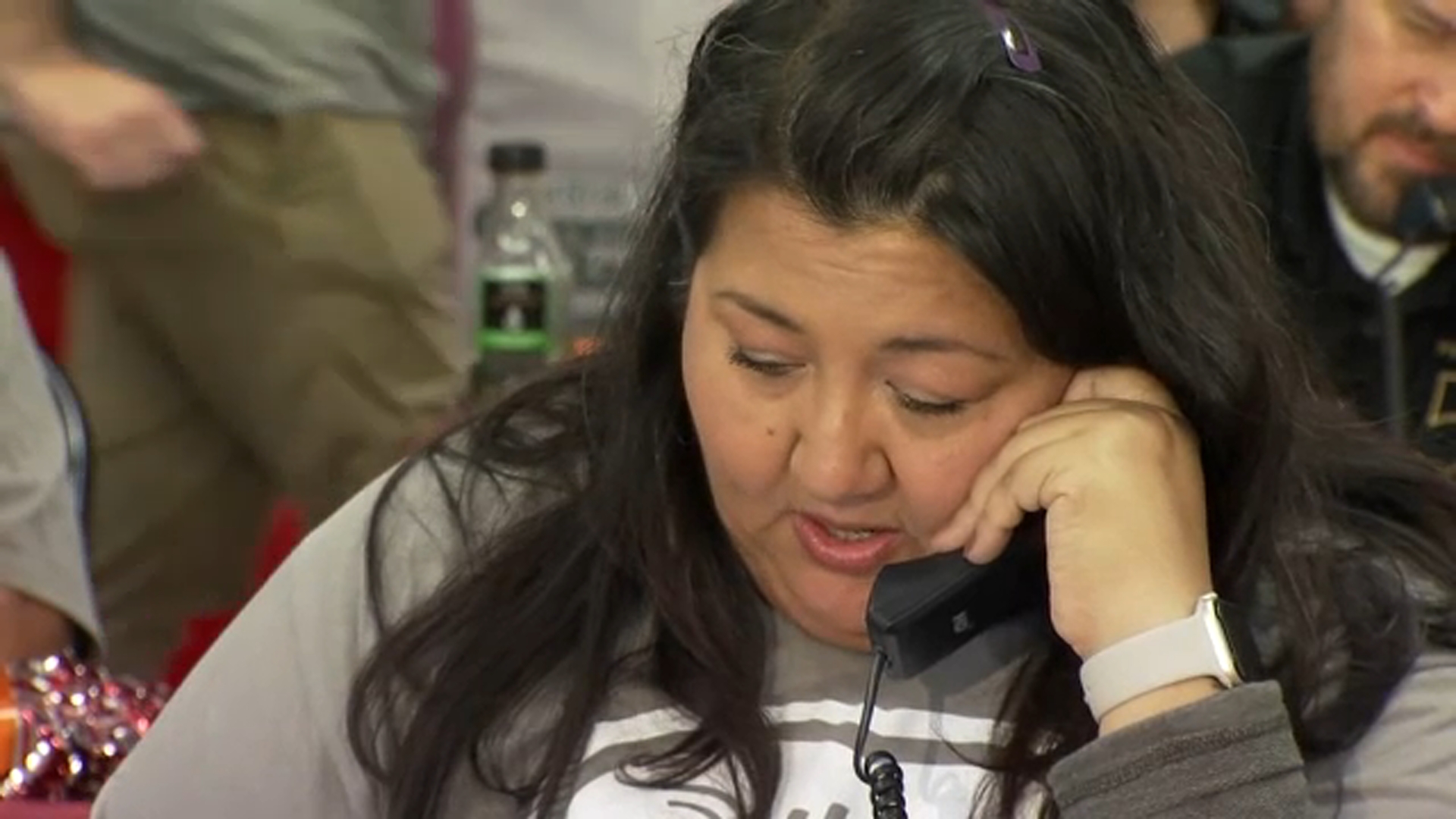A Year Later, Hospital's Black Lung Scandal Unresolved

One year has passed since Johns Hopkins Hospital promised to investigate reports that medical opinions from doctors at the prestigious hospital were helping the nation's coal companies thwart efforts by hundreds of ailing mine workers to receive black lung disability benefits. But the internal probe remains unfinished, even as the government has taken steps to lessen the impact of the opinions of John Hopkins doctors reviewing miners' cases.
The hospital announced the internal review two days after the broadcast of a joint investigation by ABC News and the Center for Public Integrity which looked at more than 1,700 cases the hospital took up on behalf of coal companies over a decade, in which Hopkins' leading black lung expert, Dr. Paul S, Wheeler, never concluded, even once, that a miner had severe black lung.
Among the miners affected by Dr. Wheeler's x-ray readings was Michael "Steve" Day of West Virginia who died earlier this year. As in dozens of other cases, an autopsy found that, contrary to Dr. Wheeler's opinion, Day did indeed have advanced black lung disease and should have been eligible for benefits.
"It proved to everybody that [Dr. Wheeler] was wrong," said Patience Day Williams, Steve Day's daughter. "We knew it all along."
Day's autopsy report said his lungs were clogged with coal dust - the disease had spread into 85 percent of his lungs. Wheeler had read his x-rays as negative for severe black lung, arguing that despite 34 years working in underground coal mines, Day's lung problems could have been the result of a fungal disorder common in the Ohio River Valley. A pulmonary expert interviewed by ABC News last year, Dr. Jack Parker of West Virginia University, called that conclusion "intellectually dishonest."
In brief comments to ABC News after the initial report aired, Wheeler continued to defend his findings, saying he believes the Hopkins review will prove that his conclusions were justified. Wheeler remains at Hopkins as the hospital continues the investigation.
"Our review is not yet complete," said Kim Hoppe, a Johns Hopkins spokeswoman. "What I can say about the review is that it is proceeding as rapidly as possible. Johns Hopkins takes this very seriously and, as a result, has fully suspended the [black lung x-ray] program while it conducts a thorough review."
Hopkins officials have repeatedly refused to answer ABC News questions about their internal probe into the issues raised in last year's series of reports on the obstacles that ailing miners were encountering when trying to collect federal black lung benefits. The hospital declined to make anyone involved in the internal review available for an interview, and declined to say whether qualified academics were conducting the independent look back.
Wheeler told ABC News in an interview earlier this year that the review is being overseen by a top Washington, D.C. law and lobbying firm.
Since the ABC News report, the Department of Labor has ruled that coal miners can reapply for benefits if their cases were rejected as a result of Wheeler's medical opinions.
With help from an attorney, Day immediately reapplied for his roughly $1,000 monthly disability benefit. Word arrived two months after his death that the Department of Labor approved his benefit.
"If Dad had been here, honey, I bet you anything he'd be hootin' and hollerin'," Day's daughter said. "I think that he would find great justice in it."




